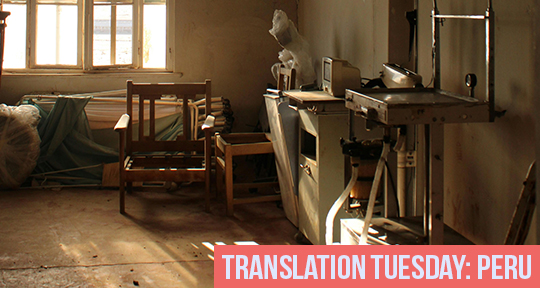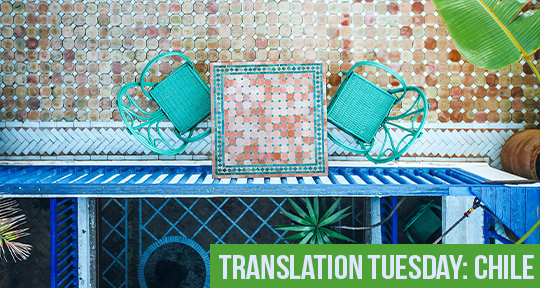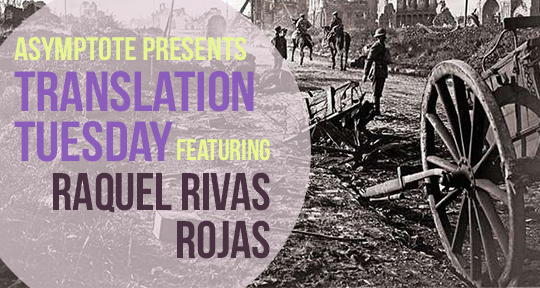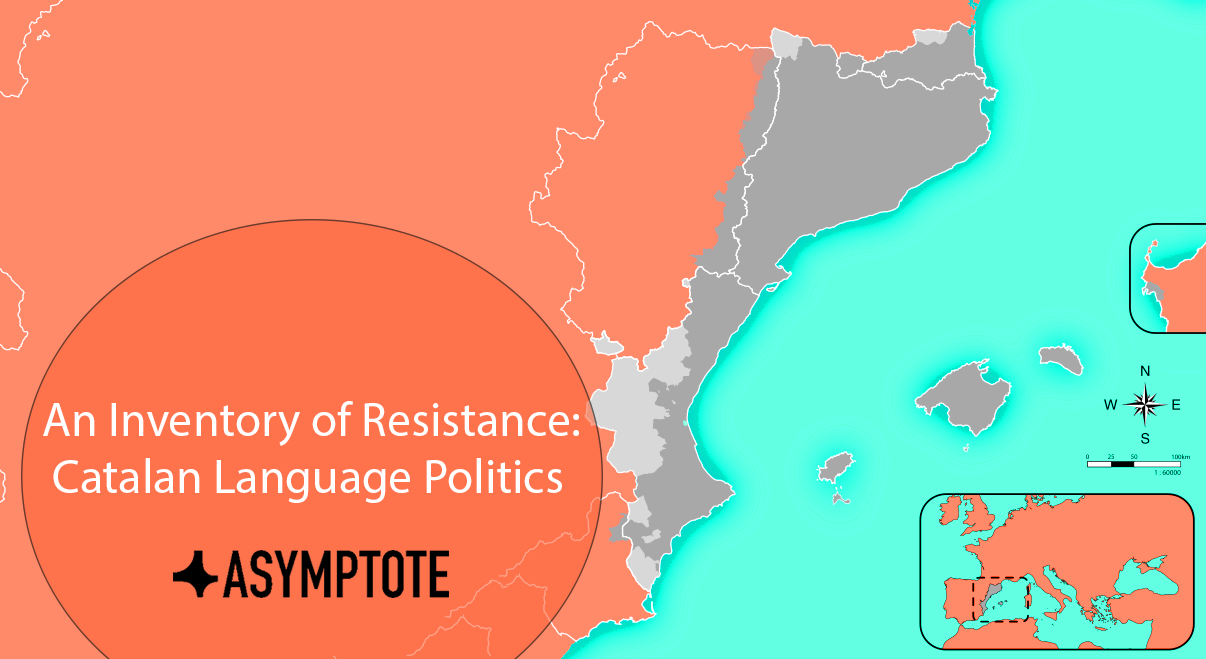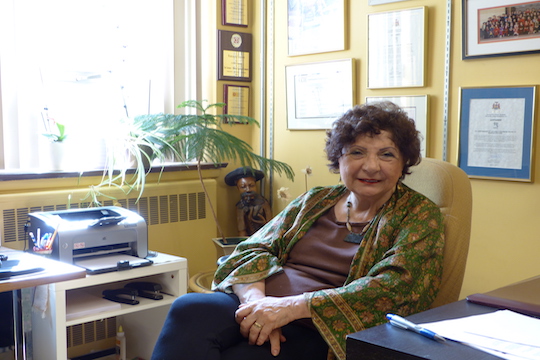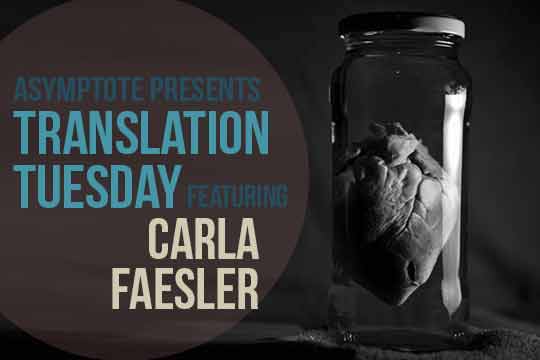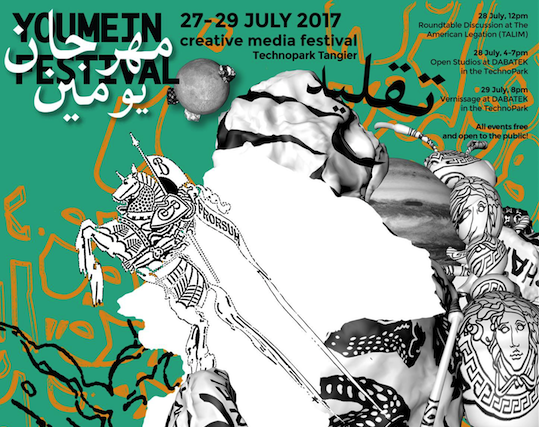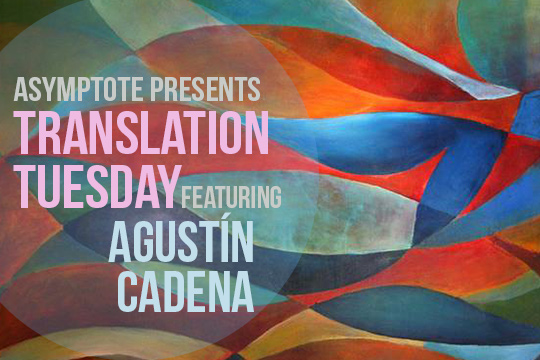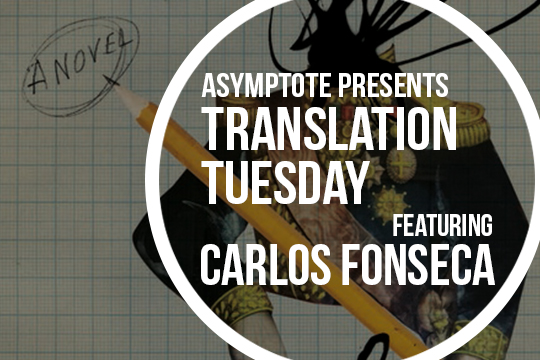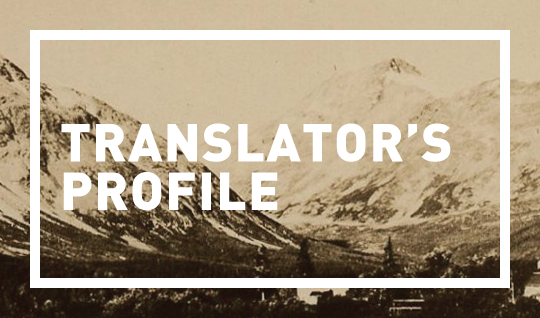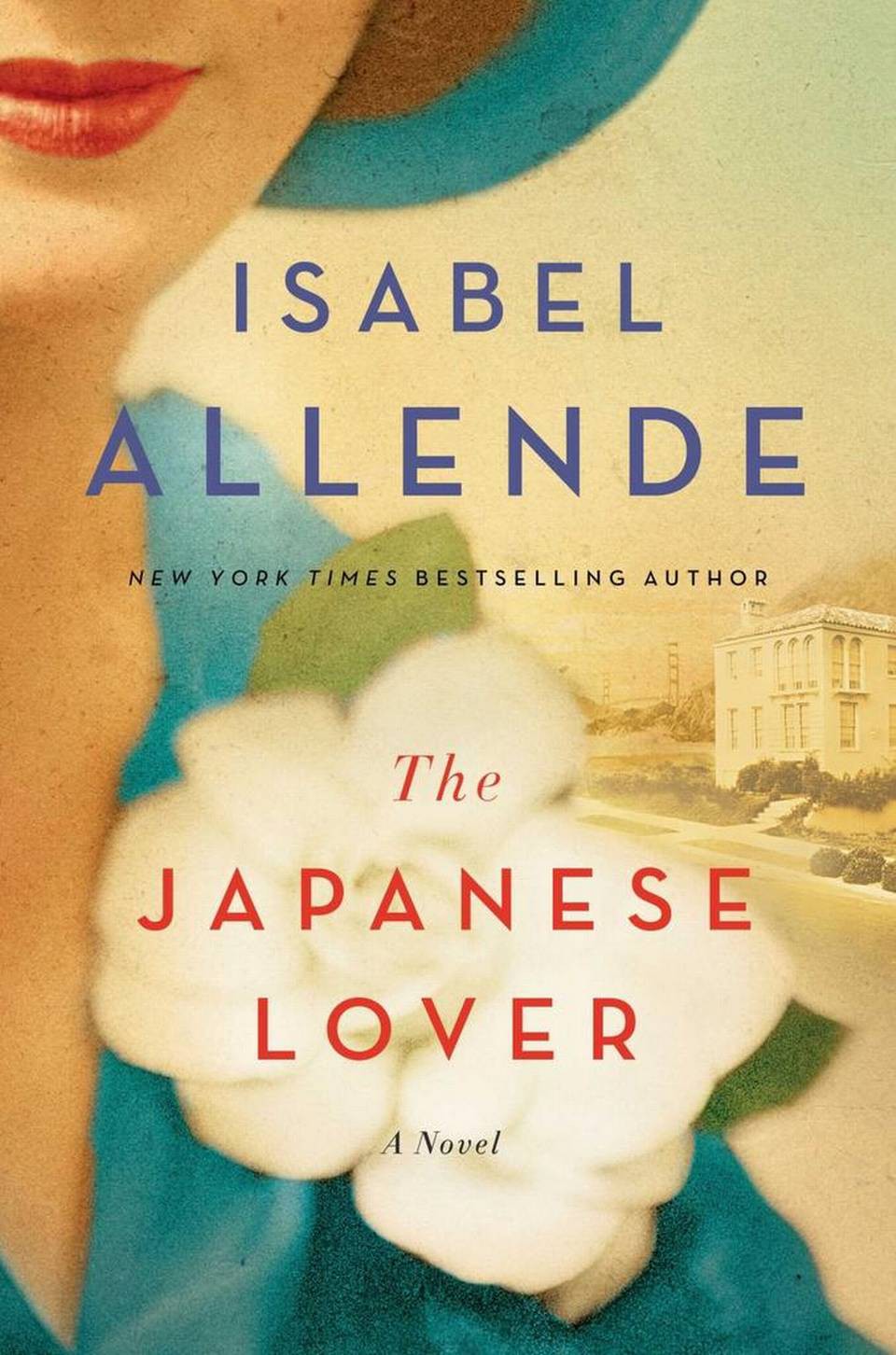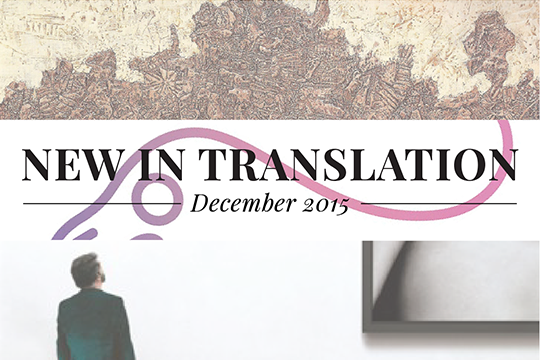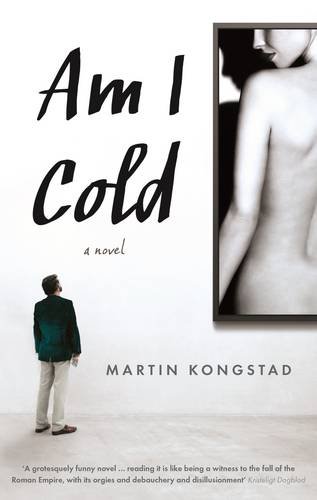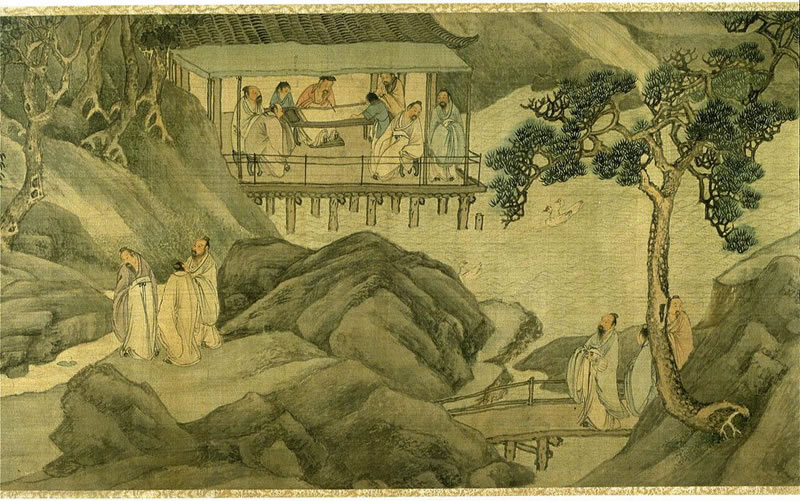Bedstefar
Ma petite fille,
Salome, mit barnebarn,
mi nieta
para ti soy “Bedstefar”,
tu única palabra en danés.
Le meilleur père, père
de ta mere,
ton grand-père danois
en danois.
Cubana de padre, francesa
de madre
y yo, tu raiz nórdica.
doce por cien
y medio, lo que hay de danés
en mi poesía
ou d’alcool
dans une cépage de bonne qualité.
De moi t’as déjà herité
Plus que ta mere:
un mot, an
heirloom du nord:
“Bedstefar”
avec tout ce que celà
veut dire
y con todo lo que tu dirás
cuando me llames,
quand tu m’appelles.
When you call my name.
Blodets bånd, siger vi.
Barnebarn, grandchild, petit en–
fant,
blood of my blood
a bond which cannot be severed.
Más que un vincula, plus que un lien,
yet nada
nothing
rien
unless we invest it with meaning.
So, what sense
qué sentido tuvo para mí
tu nacimiento?
Hvad betød din fødsel for mig,
en far
der aldrig er blevet kaldt, har
hørt sig kalde
far
og kun sjældent
rarement
a pu agir, actuar,
como père?
¿Qué tal te sientes como abuelo?,
me preguntaban,
and I was at a loss, no supe contestar
comment je me sentais.
I didn’t feel any different, no notaba
ninguna diferencia
and could not see why I should have changed.
Pasaron cinco años, cinq ans
sans practiquement se voir
y solo ahora me doy cuenta,
only now,
gazing back at a gap of five years,
do I realise how you, ou plutôt
ta presence,
changed the perspective of my life,
gav mit liv
et dybere perspektiv
making both past and future unfold.
Probablement, je n’ai jamais occupé
la place du père,
dans la vie de tu mama.
Like a fool I offered her up
as a sacrifice for my love to her mother
y su abuelo, mi suegro, me la arrancó.
That man, tu bisabuelo, now dead,
rife with heirs and hardly mourned
stole my daughter and supplanted me
leaving me,
dejándome,
a childless, self-deceitful
papa chatré.
Salomé, nieta mía,
para ti soy todavía poco más
que una palabra, but a word which,
ahí dedans,
contains,
esconde,
gemmer et løfte, a
meaning and promise
that we both must explore:
din “Bedstefar”,
la meilleur père
de ta mere.
***
Offering
The pain,
el dolor de esas dulces disonancias.
Le ton aigu, den skærende
intonation
pa nippet til… a breath
from keeling over.
Et smertefuldt, jublende skrig.
Like Coltrane
we must squeeze the reed, estrujar
nuestra alma
hasta que la nota se quiebre, indtil
kernen spaltes, permitiéndonos
seguir fluyendo
indtil
sjælen kælver
og døden os skiller
until we cave in
and death do us part.
***
Django’s Lullaby
Toutes les chansons d’amour,
todas las flores de primavera y los
colores de otoño
que je t’aurais cueilli
se me han marchitado.
The songs that my thoughts of you
stirred in the wind
are now a dry rustle, an autumn lullaby
perhaps.
Fugle som trækker mod syd,
pájaros,
birds of passage.
Que venga la nieve, la
neige, la manta suave y blanda,
the sweet, forgetful snow
that will cover all the wounds
calmará el ardour de las heridas
and the broken stems
with its cool whiteness,
su fría blancura.
La neige de noviembre,
november
sur les petals bleus de mes pensées
de nous.
Bedstefar
My granddaughter,
Salomé – ma petite fille,
mit barnebarn,
mi nieta –
for you I am “Bedstefar”,
the only word you know in Danish.
“The best father”, your mother’s
father,
the Danish for
your Danish grandfather.
Cuban on your father’s side, French
on your mother’s –
and me, your one Nordic root.
12.5%:
like the Danish in my poetry;
or the alcohol content
of a fine wine.
You’ve already inherited
from me
more than your mother ever did:
a word, a Northern heirloom:
“Bedstefar”
and all that word means
and all that you mean
when you call me,
when you call me it.
When you call my name.
Blood ties, we call them.
Barnebarn, grandchild, petit en-
fant,
blood of my blood
a bond which cannot be severed.
More than a bond, more,
yet nothing,
nada,
rien
unless we invest it with meaning.
So,
what did it mean for me,
your birth?
What did your birth mean for me,
a father
who has never been called,
never heard himself called
father,
and has only
rarely
been able to act
as a father?
How do you feel about being a grandfather?
people would ask me,
and I was at a loss, I didn’t know how to answer,
how I felt.
I didn’t feel any different, nothing
tangible,
and could not see why I should have changed.
Five years passed
and we scarcely saw one another,
and only now do I realise,
only now,
gazing back at a gap of five years,
do I realise how you, or rather
your presence,
changed the perspective of my life,
made that perspective deeper,
making both past and future unfold.
I suspect I never really fulfilled
the role of father
in your mother’s life.
Like a fool I offered her up
as a sacrifice for my love to her mother,
and her grandfather, my father-in-law, tore her from me.
That man, your great-grandad, now dead,
rife with heirs and hardly mourned
stole my daughter and supplanted me
leaving me,
dejándome,
a childless, self-deceitful
papa chatré – a castrated father.
Salomé, little one,
for you I am still scarcely more
than a word, but a word which,
deep inside,
contains,
conceals,
holds a
promise and a meaning
that we both must explore:
your “Bedstefar”,
“the best father”
of your mother.
***
Offering
The pain,
the pain of this delicate discord.
The pitch set high, the intonation
cutting,
on the verge of… a breath
from keeling over.
A painful, joyful cry.
Like Coltrane,
we must squeeze the reed, wring out
our souls
until the note cracks, until
its core is cloven, so we can
keep on flowing
until
our souls cave in
and death do us part.
***
Django’s Lullaby
All the love songs,
All the spring flowers and
autumn colours
I gathered for you
have withered in my heart.
The songs that my thoughts of you
stirred in the wind
are now a dry rustle, an autumn lullaby
perhaps.
Birds that fly south for winter;
birds of passage.
Let the snow come,
its soft and tender blanket;
the sweet, forgetful snow
that will cover all the wounds,
soothe the stinging cuts
and broken stems
with its cool whiteness.
November snow,
on the blue petals of my thoughts
of us.

